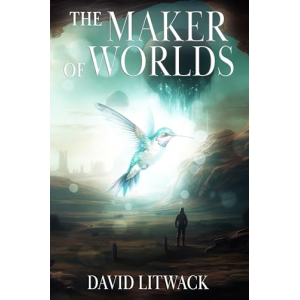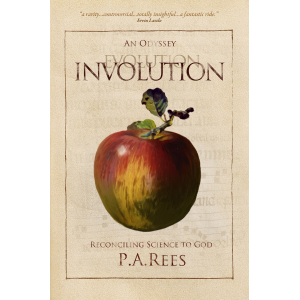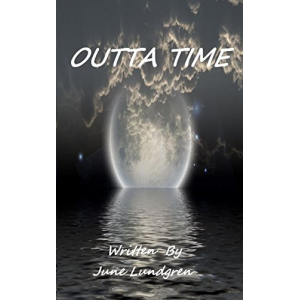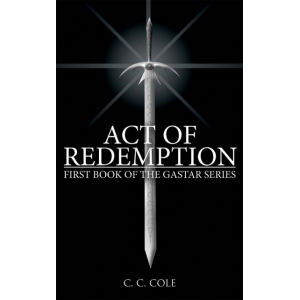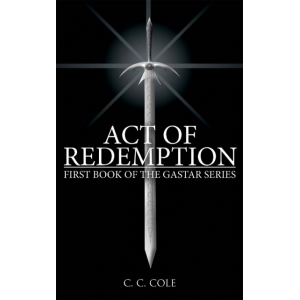Publish America
🔗 http://www.publishamerica.net/product88426.html- Author
- Book
- Story behind the book
- Media Links
- Reviews
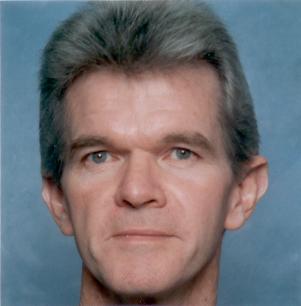
John Allen
About
Email: john@johnallenbooks.com
John Allen has written more than twenty books in a variety of genre: fiction, non-fiction, mainstream political, historical romance, environmental and fantasy. Two of his titles have movie contracts with London-based Hourglass Productions, and John recently completed editing MJ Maher's groundbreaking Racism and Cultural Diversity, due for release by Karnac (London) in Sep.2011.
All the author's books are now available in Kindle format.
Brine projects the results of sea level rise over the next 40 years. After the 2010 Vendée tragedy, France acknowledged that millions are at risk and is redrawing its coastline map. What's ahead as we run out of living space on the planet? Chaos? Waterworld?
Recognising that 'we do not inherit the planet from our parents: we borrow it from our children', Brine deals with the most critical problem of our age.
Filigree. Emotionally adrift following a disastrous marriage, Elna forges an intimate relationship with a woman she previously considered 'just a friend'. Filigree tracks the meltdown after surreal dreams and all-too-real nightmares take their toll.
Concerning the Nature of Man has prompted interesting mail for many years, and Robert Pirsig (Zen and the Art of Motorcycle Maintenance, Lila) wrote to say he too, in his own books, has always considered the theme of Static and Dynamic Quality within the history of religion one of the most important.
CNM, which is also available in French, continues to be a respected work on this divisive subject.
Apartheid South Africa is considered by top Amazon reviewer QRA 'a unique firsthand-knowledge account...an important addition to any serious reader about southern Africa.' It is an authoritative source for student research on South Africa at Troy High School, California, and Philippe Willems, associate professor of French and cultural historian at Northern Illinois Univ. says it may well be the top contemporary reference on the subject. 'Rarely have I got so much information from one book...re-readings will be necessary...I have a copy on order for my university's library.'
The Islander has received numerous rave reviews from Amazon's top 50 critics, and in additional media comment, BJ Deese critiqued for Romance Junkies, Tara Rogan interviewed John for Love Romances magazine and Angela Becerra hosted a special for WOAI television.
The Carpentier Diaries is the complete account of the Carpentier cousins' struggle to retain their island inheritance. The trilogy begins with Maximilienne (1855-1877), whose diary, published in 2004 as The Islander, attracted so much media attention in the US (see above). It concludes with Emilie's very frank account of her life, loves and confessions.
Hipper Crit, which represents the mainstream of young adult fantasy, will be enjoyed by all lovers of the Narnia series and Lord of the Rings fans. It has also been translated into French.
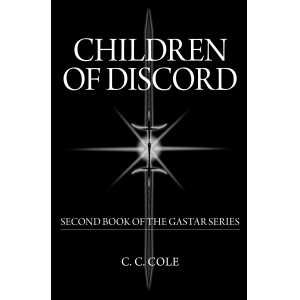
Second Book of the Gastar Series: Children of Discord
Description
<p>In the second of the four-part series of novellas, teen assassin Shevata re-enters the city of Gastar two centuries later, seeking the evil boy Goldeon as he plots destruction of the city. The clash of the dangerous kids from the past affect the entire city, placing the people in danger. Shevata also reflects back on her past actions and decisions and takes steps to re-claim her own humanity. Kindle, ebook versions to follow.</p>
Story Behind The Book
Why do world leaders view the ecology as secondary to the economy? Why the complacency over melting ice caps? Why are rising sea levels ignored? How will society react to ineffectual government? Read Brine. "I grew up wanting wheels but I had to buy an oar, ’Cause a boat is what I’m driving since the ocean hit the door." Brine deals with the most critical problem of our age: sea level rise and the horrific consequences of inadequate response. Persuaded that the economic crisis of the new millenium is simply the forerunner to a far greater ecological catastrophe, the author assumes a retrospective view, describing life forty years on in a vastly changed society. "We had dived from the splintering springboard of monetary emaciation into the snapping jaws of a ravenous ecosystem almost overnight." There is no Plan B. Ecologists and politicians agree that our generation has no ‘second chance’ to solve the climate change crisis. What happens if we fail? Scenario: A family’s beachfront home is threatened by rising sea levels. Regular inundations force evacuation and even a move to higher ground proves inadequate, so the couple takes to the water. Tide-riding has come of age. The author traces his family’s survival route forty years later, but climate change continues to take its toll: tsunamis, mass migration, the parting of the Americas, flooding of coastal cities, the devastation of property values and an increase in seismic activity are all hallmarks of the era. Brine offers a uniquely personal look at the most pressing problem our civilisation has ever faced.
